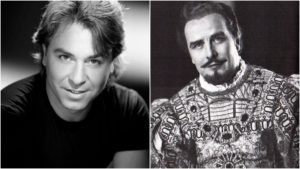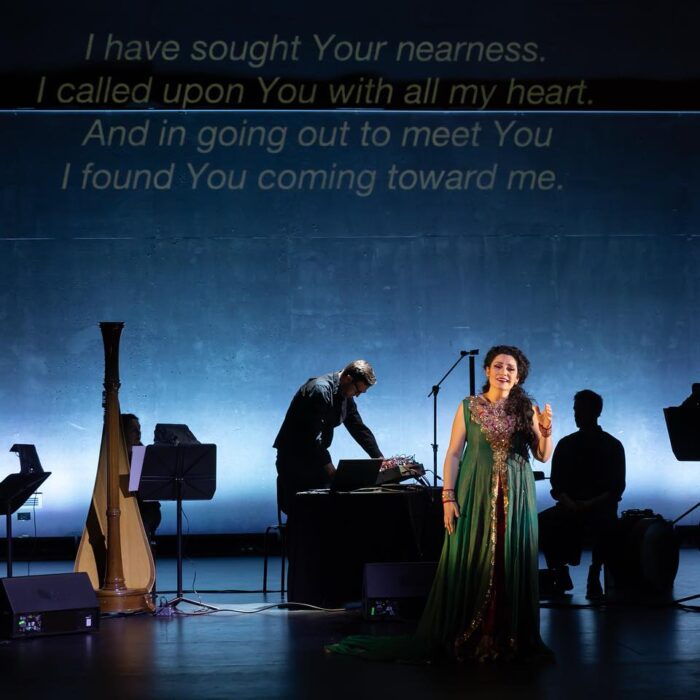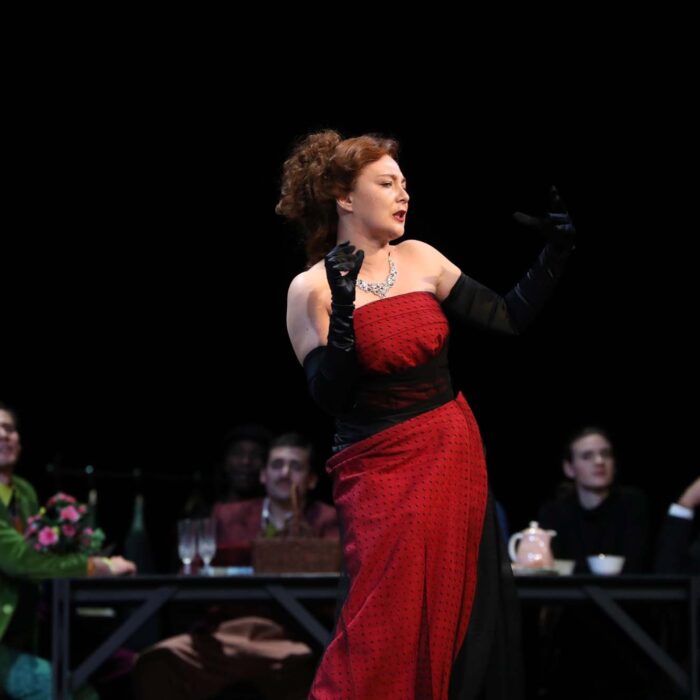
The Nontraditional Beginnings of Tenors Mario Filippeschi & Roberto Alagna
By David SalazarRoberto Alagna and Mario Filippeschi were both born on June 7, the former in 1963 and the latter in 1907.
Starting half a century apart, the two tenors took a similar direction. Filippeschi was famous for his massive sound and gleaming upper register, tackling light lyric repertoire such as “La Bohème,” “Madama Butterfly,” “I Puritani,” “Lucia di Lammermoor,” and even “Guglielmo Tell” in the early years. But later in his career he headed into more dramatic territory and became more recognized for the likes of “La Forza del Destino,” “Il Trovatore,” and “Don Carlos.”
Fast-forward to Alagna and you have a tenor whose career has taken a very similar trajectory. The French-Italian tenor was renowned for his work in “La Traviata,” “La Bohème,” “Roméo et Juliette,” and “L’Elisir d’Amore” early in his career but has slowly transitioned to heavier repertoire. He has recently taken on “Aida,” “Pagliacci,” “Turandot,” “Cavalleria Rusticana,” “Manon Lescaut,” and even the likes of “Otello.” He has also sought to rejuvenate often-overlooked French operas, including “Cyrano de Bergerac,” which he has made his own.
Yet another interesting similarity between the two tenors must be pointed out – they didn’t follow a traditional path to the operatic stage. In the case of Filippeschi, he played the clarinet as a young man before joining the military at age 20. During this time he sang for his military colleagues and became convinced that he might consider a career in singing. After three years in the military, he turned to singing and spent five rigorous years training under Mr. Vicidomini. He eventually made a late formal debut at age 30.
Alagna’s path to the opera stage was inspired by Mario Lanza, and the tenor spent a great part of his formative professional days singing pop in Parisian cabarets. He was self-taught when he made the switch to opera and has not looked back. In interviews, he has claimed that this “lighter” music is actually harder than opera because the sound must be created in a way that is less obvious than the operatic voice.


